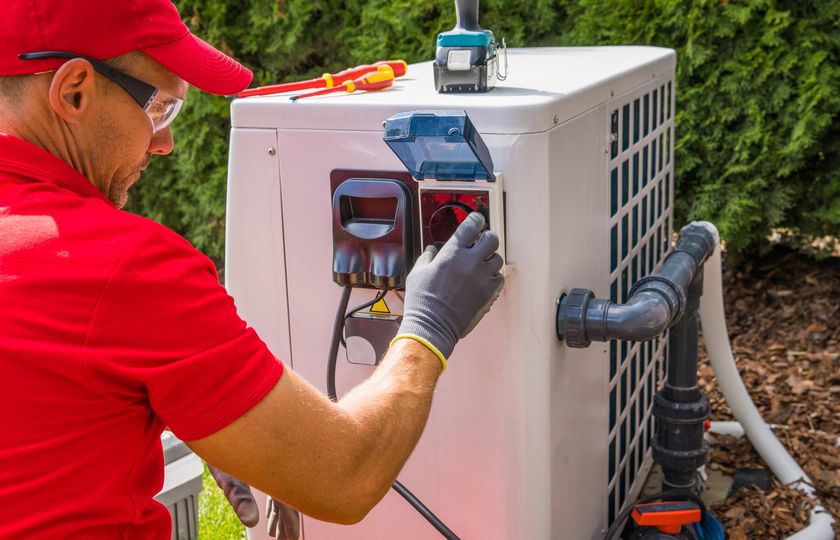Air conditioners are meant to take a lot of harsh conditions from nature. It only makes sense that individuals looking for HVAC services in the Greater Toronto Area might be wondering if heavy rain can cause damage.
Can Rain Damage Your AC System?
By itself, no. Most outdoor parts of an AC unit are engineered to keep working even during a heavy rainfall. All electrical connections are safely sealed away from even indirect moisture. However, flooding can damage your AC unit. It has to be severe localized flooding, and as long as you don't have at least 38 centimetres of standing water around your unit, it should weather the storm. Your unit is susceptible to other storm-related damage from hail or high winds, and corrosion can occur if your unit isn't properly covered during the winter months.
How Can You Protect Your AC System?
If hail or high winds are in the forecast, you should consider covering your AC unit with a thick layer of canvas. Keep in mind, however, that you should keep the unit switched off while it's covered, or the unit could potentially overheat.
To avoid wind damage from debris or tree limbs, you should make sure that your yard is clear of branches before a storm starts. If you're worried about low-hanging branches on your tree or a nearby bush, it wouldn't hurt to have them trimmed.
The best way to keep flood waters away is to have your AC unit set up in an elevated area if you can do so. If you're in a flood-prone area, consult a certified technician from A-Plus Quality HVAC services in the Greater Toronto to determine the best spot for your unit.
What Happens After a Storm Passes?
If you aren't sure your AC unit is all right after a storm, then perform a careful inspection of the unit and the area around it for visible damage or any debris that might be nearby. If there is any damage, consult A-Plus Quality HVAC services in the Greater Toronto as soon as possible.



